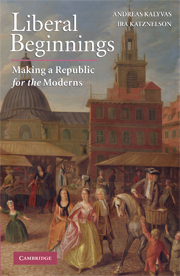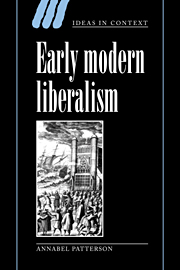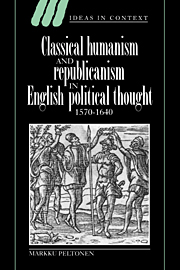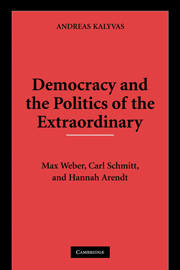Liberal Beginnings
The book examines the origins and development of the modern liberal tradition and explores the relationship between republicanism and liberalism between 1750 and 1830. The authors consider the diverse settings of Scotland, the American colonies, the new United States, and France and examine the writings of six leading thinkers of this period: Adam Smith, Adam Ferguson, James Madison, Thomas Paine, Germaine de Staël, and Benjamin Constant. The book traces the process by which these thinkers transformed and advanced the republican project, both from within and by introducing new elements from without. Without compromising civic principles or abandoning republican language, they came to see that unrevised, the republican tradition could not grapple successfully with the political problems of their time. By investing new meanings, arguments, and justifications into existing republican ideas and political forms, these innovators fashioned a doctrine for a modern republic, the core of which was surprisingly liberal.
- Considers the works of six important authors
- Compares four areas between 1750–1830
- Argues that modern republicanism is more liberal than generally believed
Product details
July 2008Hardback
9780521899468
200 pages
222 × 146 × 16 mm
0.34kg
Available
Table of Contents
- 1. Beginnings
- 2. The rhetoric of the market: Adam Smith on recognition, speech, and exchange
- 3. Adam Ferguson's agonistic liberalism: modern commercial society and the limits of classical republicanism
- 4. After the king: Thomas Paine's and James Madison's institutional liberalism
- 5. Embracing liberalism: Germaine de Stael's farewell to republicanism
- 6. On the liberty of the moderns: Benjamin Constant and the discovery of an immanent liberalism
- 7. After republicanism: a coda.









